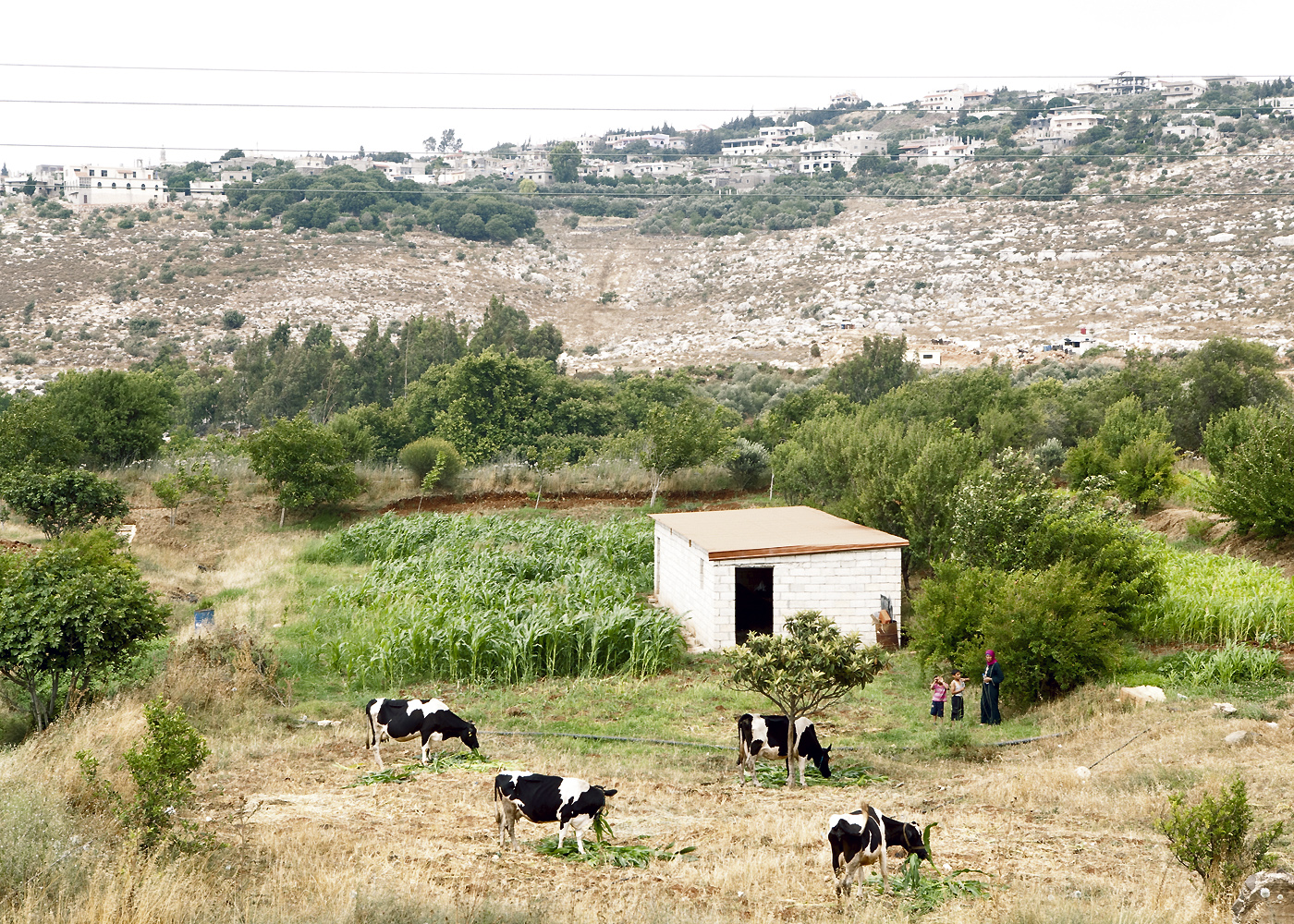Most of the refugees in Lebanon are hosted by private families in areas near the Syrian border in the north and in the Beqa’a Valley.
An as yet unpublished study by the UN Development Programme (UNDP) seen by IRIN, says this is putting a considerable economic strain on Lebanese hosts in areas which were among the country’s poorest even before the refugee influx.
According to the study, 69 percent of 300 surveyed households in the north, and 66 percent in the Beqa’a Valley, said they were hosting refugees.
While in the north many hosted relatives for no rent, in the Beqa’a 82 percent of households received at least some rental income. In the north families on average would host up to seven people (five in the Beqa’a); 33 percent of the respondents in the north have provided refuge for over a year now. Many of the refugees are women and children and economically dependent on their hosts.
The study also said 96.5 percent of the hosting families in the north said they felt burdened having to host refugees. The same applied to 43 percent of hosts in the Beqa'a where most refugees arrived four months ago. While some of the refugees have sufficient resources to rent their own apartments in cities, many poorer people have no choice but to stay in the border communities.
More than half of the surveyed households in the north told UNDP that their expenses had risen over 30 percent in the last year.
The influx of foreign money might have made things worse. With many aid organizations active in the border communities and some of them providing cash hand-outs to refugees, local inflation has increased, said the UNDP study. In the north, medicine prices have risen by 34 percent and food prices by 12 percent since the crisis started March 2011. In the Beqa’a food prices rose by 18 percent, education by 35 percent, and transport by 40 percent.
In the border areas, the Lebanese and the Syrian economy used to be highly interconnected. Many services that were cheaper on the Syrian side of the border, such as medical treatment and education, are no longer accessible to the Lebanese.
Smuggling restricted
The conflict in Syria has also affected cross-border trade. Smuggling, which used to be a major source of income for many, has become almost impossible. On the Syrian side the formerly porous border is now mined and more carefully guarded and even if people manage to cross, things like petrol and diesel, which used to be much cheaper in Syria, are now in short supply.
Hassan a former smuggler whom IRIN met at a refugee registration site in Wadi Khaled, near the border in the north, said: “We cannot go over the border any more, it’s too dangerous. I used to smuggle diesel, but now I am living on my savings.”
Ninety-one percent of all respondents in the UNDP study in the Beqa’a reported a cut in income since the border became difficult to cross after March 2011. The same was true for 89 percent in the north.
Finding work has also become more difficult, with stiff competition for low paid jobs from Syrian workers, who have been coming to Lebanon for decades to find employment.
Exports of farm produce, which many of Lebanon’s poor farmers relied on for an income, have also been hit. Mirna Sabbagh from the UNDP Crisis Prevention Unit told IRIN: “Many of the agricultural exports went through Syria to Iraq or Jordan. The situation is now heavily influencing the agricultural sector.” Perishable goods can no longer be exported.
kb/cb
This article was produced by IRIN News while it was part of the United Nations Office for the Coordination of Humanitarian Affairs. Please send queries on copyright or liability to the UN. For more information: https://shop.un.org/rights-permissions





